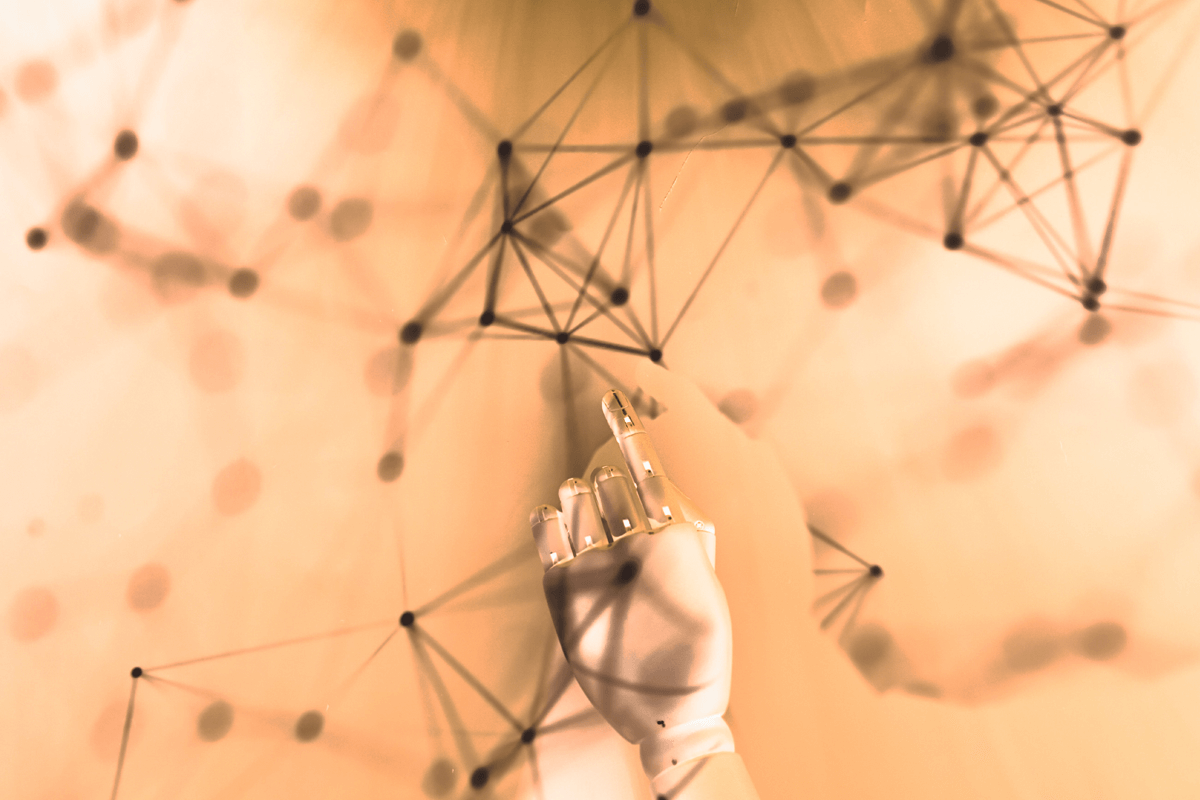
The worlds of music production and composition have been eagerly awaiting Google’s AI music generator. An Ai bot that can create music from just text prompts. The technology’s goal is to use artificial intelligence algorithms to produce unique musical compositions that fit different musical genres, styles, and moods. The Google AI music generator initially offered seemingly endless potential thanks to the abundance of music-related data and developments in machine learning.
Property rights
But despite all the buzz, the technology hasn’t yet been released. The question of copyright and intellectual property rights is the fundamental cause of this delay. The AI-generated music would be regarded as an original work, but it is still unclear who would have the complete ownership of that work and whether or not the technology will plagiarise previous works from artists.
How does it work?
Composers, performers, producers, and songwriters are just a few of the many people who contribute to the complicated process that is music production. The rights to the finished project are often divided among each of these creators, and copyright laws frequently govern how these rights are distributed. The Google AI music generator’s inability to produce music independently of human composers or musicians is its primary limitation. This raises questions about who would hold the rights to the music generated by the AI system and how those rights would be allocated.
Publishing
Additionally, licencing and royalties—fees paid by individuals and organisations who use music in their own productions, are a major source of income for the music industry. Since AI-generated music will only properly work if it can produce original music independently of human musicians or composers, it is unclear how these licence and royalty fees will be gathered and allocated, seeing that this isn’t the case at present.
Conclusion
In conclusion, even if the Google AI music generator has the potential to completely change the way music is created and produced, the question of copyright and other intellectual property rights is still a significant obstacle to its widespread use. The full potential of this technology won’t be realised until a clear structure is established to govern the rights and distribution of AI-generated music. However, once the copyright issues are resolved, this technology could well prove to be an incredibly useful tool in a songwriter or composer's arsenal. There are exciting times ahead for sure with these new breakthroughs.
